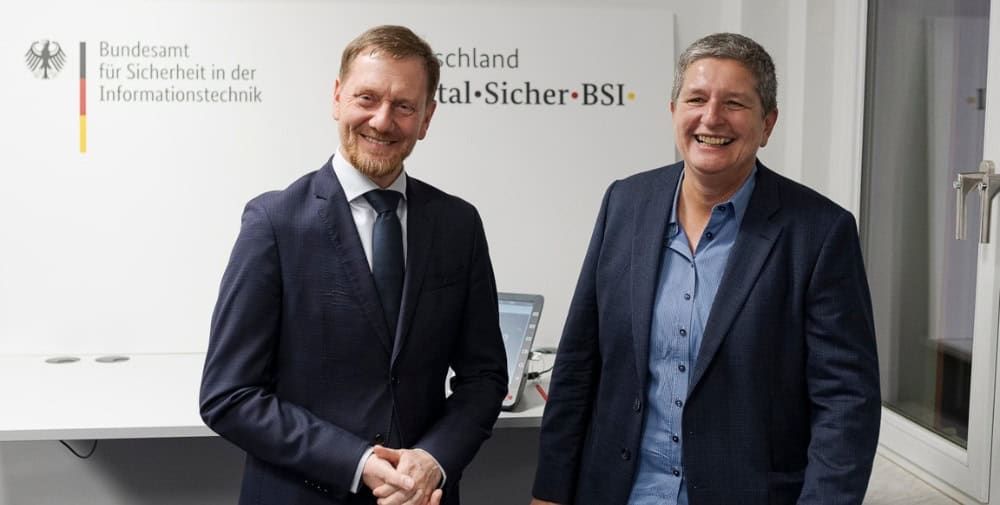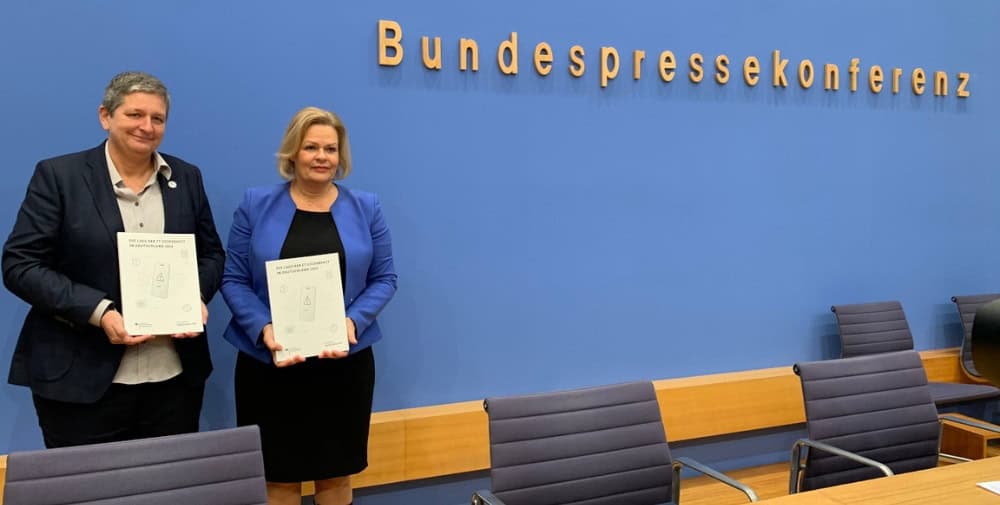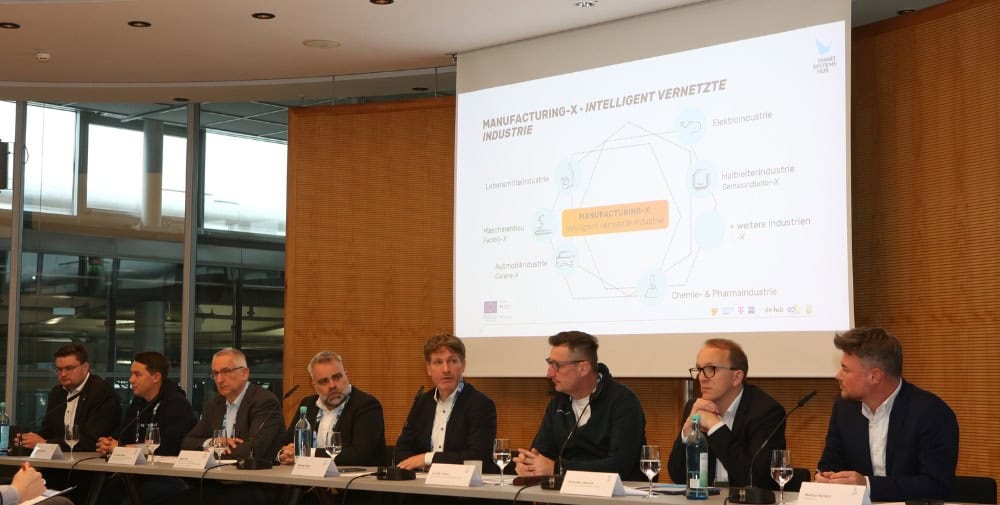Company workshop on the introduction of a data-based assistance system at IMM electronics GmbH in Mittweida
Artificial intelligence, or AI for short, is as much a part of media reporting as it is of the world of film. And we often use AI applications today without thinking about them in detail, e.g. in the form of many apps such as Google Maps, which our cell phones provide. It is also increasingly used in everyday working life and therefore in an environment in which the question of what purpose it serves and how exactly it actually works is particularly sensitive – especially if the technology is intended to process employees’ personal data.
When introducing data-based assistance systems or AI applications in companies, employees need to be involved in the process right from the start. On the one hand, in order to incorporate their expertise into the development and, on the other, to increase acceptance of the planned project. This is because all AI applications that process personal data are regulated by the GDPR and soon also by the European Union’s AI Regulation, which is expected to be adopted in 2024.
What exactly a company has to consider when processing personal data through AI systems, what a data protection impact assessment is, which is an obligation for AI applications under the GDPR, and what this means in detail for individual employees – these questions were the focus of a workshop that took place on October 26, 2023 for several employees from the production department of the Saxon electronics service provider IMM electronics GmbH in Mittweida and was moderated by Katrin Meusinger (Silicon Saxony). The Mittweida-based company can look back on over 30 years of experience and specializes in a range of services from conception, hardware and software development, resource-saving design through to sample and series production of complete assemblies and devices. It moves with the times and is open and interested in innovations and modern support options and looks for solutions that can be integrated into everyday life. As a result, Mittweida University of Applied Sciences is currently working with IMM to develop an application designed to improve ergonomics and efficiency in the work process. The plan is to use visual sensors to record and evaluate various ergonomic factors in order to support employees in production and maintain their health.
Even in the test phase, the cooperation of the employees is very important, because with their support, a reference workstation is to be created at the university to help train the new assistance system. The first test runs will take place there before the system is implemented in the company for an initial test phase at selected workstations. The feedback from employees, their ideas, comments and concerns should be taken into account right from the start.
The workshop was about familiarizing the participants with the planned procedure and allowing them to ask questions, as well as providing personal feedback on their own expectations of the employer. The Human Friendly Automation Values Manifesto was used for this purpose, which can serve as inspiration for the development of a company’s own mission statement for the use of automation.
Work researcher Katharina Müller-Eppendorfer from Mittweida University of Applied Sciences, together with her colleague, software developer Alexander Engelsberger, explained to the participants how exactly the assistance system should be structured, how data processing is carried out and how in particular the security of personal data is technically guaranteed.
The workshop marked the start of the next project steps, which will involve increasingly close cooperation with employees.
As part of our PAL project and beyond, we offer introductory workshops for digital assistance systems and AI applications (introduction, acceptance, legal framework, specific company plans). The focus here is on the early involvement of employees in the introduction process. If you are interested, please get in touch with Katrin Meusinger.
Further links
👉 PAL
👉 Silicon Saxony AI working group



